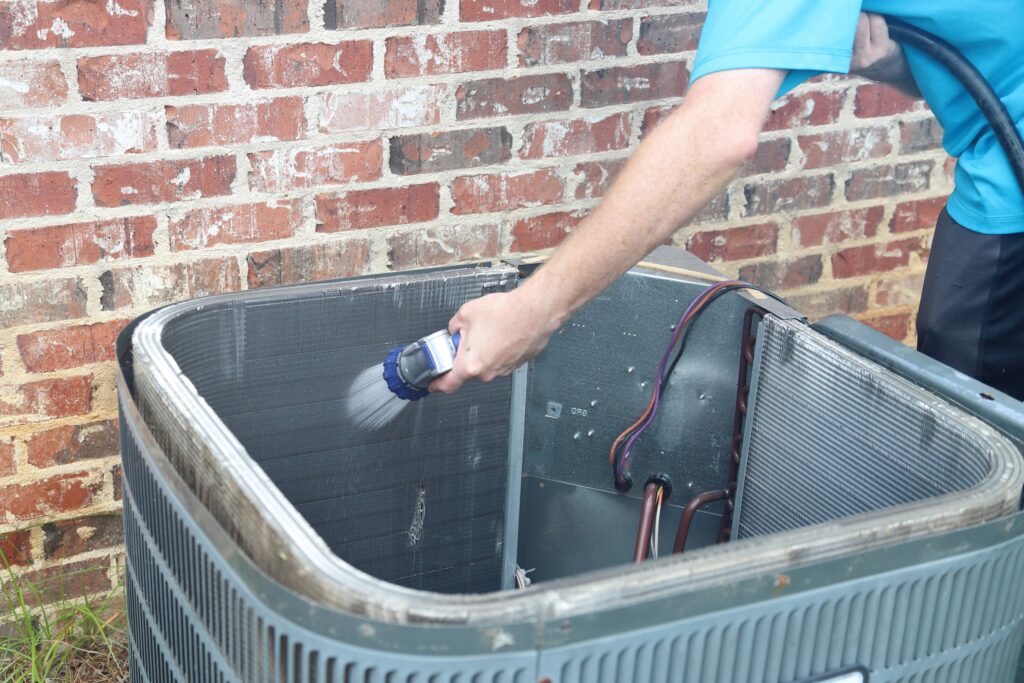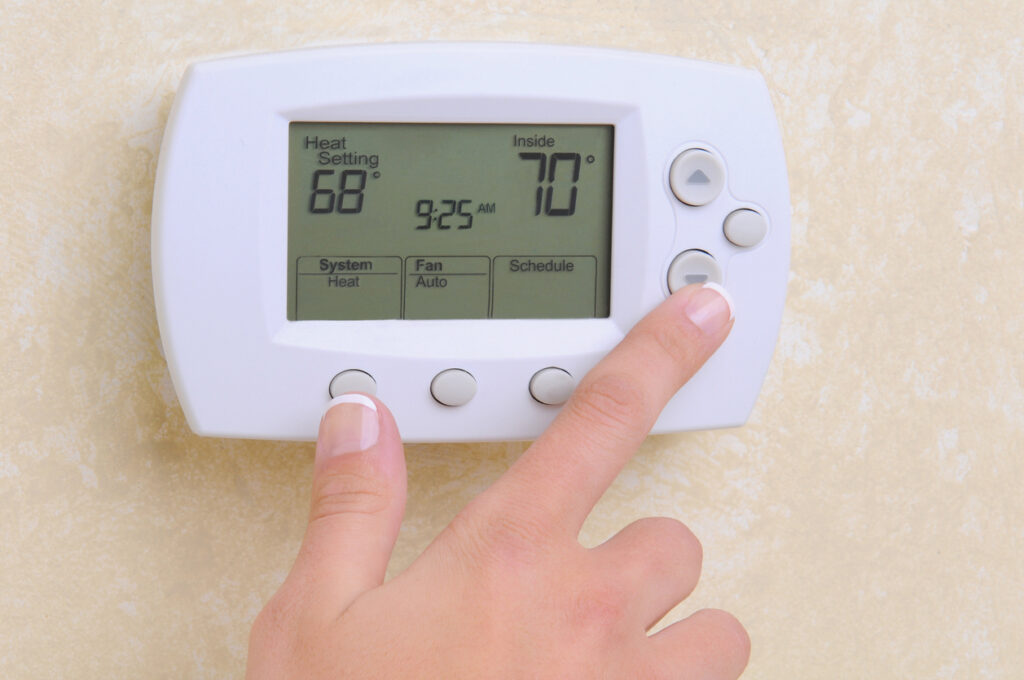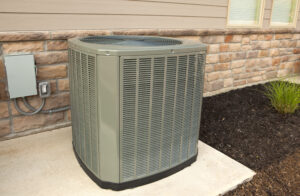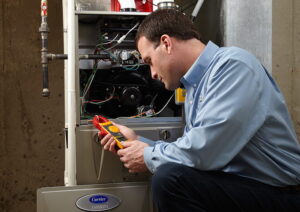
If that first blast of cool air from your AC smells more like a damp basement than a breath of fresh air, there’s a good chance something’s off inside your system. During Pittsburgh’s sticky summer months, it’s not unusual for excess moisture to collect where it shouldn’t, creating the perfect environment for mildew to grow. And once it’s in your system, that musty odor can take over your whole home.
Let’s look at what’s behind that smell and how to get rid of it for good.
What’s That Mildew Smell Coming From?
That musty smell coming from your vents isn’t just annoying, it’s a sign that something’s not right inside your AC system. When moisture builds up and doesn’t drain like it should, it can lead to mold and mildew growing in hidden spots. That might be on the evaporator coil, in a grimy drain pan, stuck to a dirty air filter, or even inside damp ductwork. Once mold takes hold, your AC starts spreading that smell through your whole home every time it runs.
Here’s what’s likely causing all that extra moisture.
Clogged Drain Line
Your air conditioner doesn’t just cool the air; it also removes moisture from it. That water drips off the evaporator coil and into a drain line that’s supposed to carry it safely outside. When that line becomes clogged with gunk, such as algae, mold, or debris, things go downhill fast.
Instead of draining, the water backs up and starts pooling inside your system. It gets stale, starts to smell, and gives mildew a perfect place to grow. That musty odor? It’s the smell of standing water that’s been sitting too long.
To clear it up, a technician can flush out the drain line and remove the blockage. They might also use an algaecide to keep slime and buildup from coming back.
Full Drain Pan
Even if the drain line isn’t totally clogged, a full or dirty condensate pan can still cause problems. If water lingers in the pan too long, it can start to smell stale and musty, especially if dirt and dust are mixed in.
In some cases, the pan might be cracked or tilted, causing water to pool rather than drain.
A professional can clean or replace the drain pan if needed. During a regular AC tune-up, this is one of the first places a technician will check for signs of moisture trouble.
Dirty Air Filter
When’s the last time you changed your air filter?
If the answer is “I’m not sure,” that could be part of the problem. A dirty or clogged filter traps moisture and dust, which can eventually start to smell. It also restricts airflow, which means your system can’t breathe properly, and excess humidity builds up inside.
Swap out your air filter every 1 to 3 months, depending on usage and whether you have pets or allergies. It’s a small fix that can make a big difference in air quality.
Mold on Evaporator Coils
Your evaporator coil is where warm air meets cold refrigerant. It’s also where a lot of condensation forms. If that coil gets covered in dust or isn’t drying out properly, mold and mildew can start to grow.
Since the coil is tucked deep inside the system, you might not notice there’s a problem until the smell starts coming through the vents.
Cleaning an evaporator coil isn’t a DIY job; you’ll want a certified technician to handle it. During an AC maintenance visit, the coil will be inspected, cleaned, and checked for proper drainage.
Let Wade Heating & Cooling Handle Your AC Maintenance
If your AC smells like mildew, Wade Heating & Cooling can help. Our certified technicians will find the source, fix the problem, and get your air smelling fresh again with same-day service and free replacement estimates. We’ve been serving Pittsburgh since 1982 and are here 24/7 when you need us.
Call Wade Heating & Cooling today to schedule your AC services in Pennsylvania and Allegheny County.








